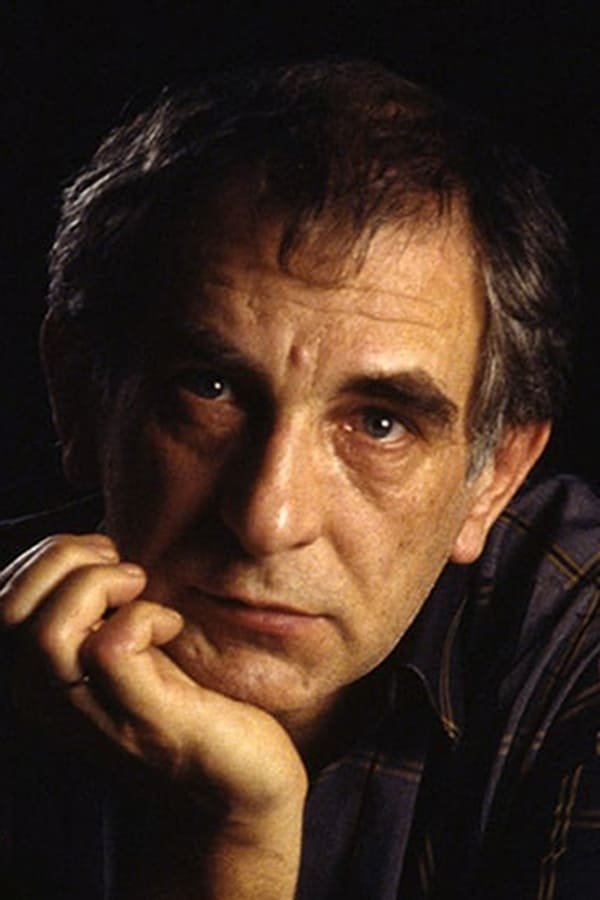
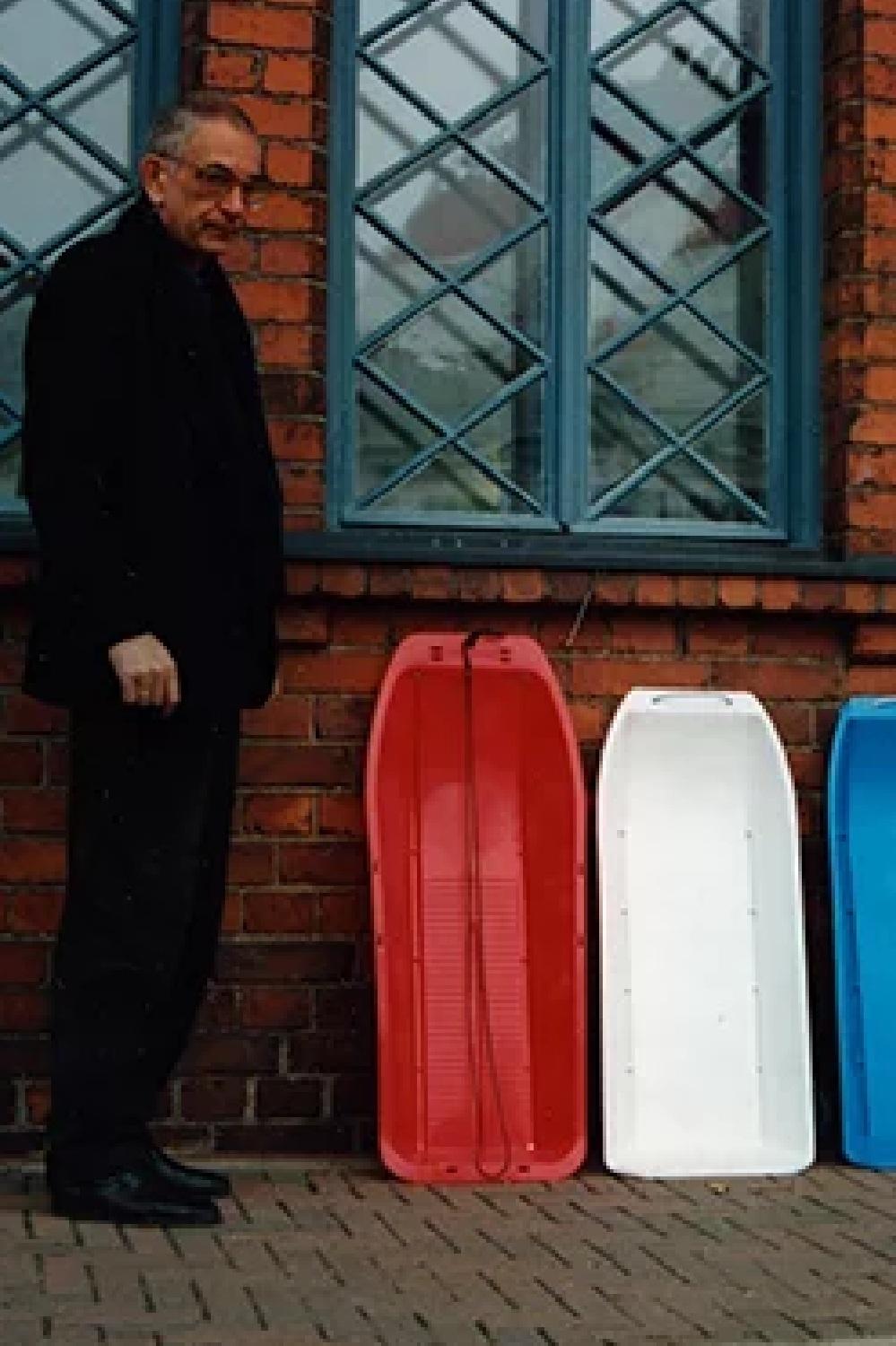
In this meta-film, the film students of the Department of Film at the School of Arts, Design and Architecture in Helsinki collectively make fun of themselves, their film studies and the state of Finnish cinema. Legendary director Krzysztof Kieslowski makes a cameo appearance, shivering in the chilling winds of Katajanokka.
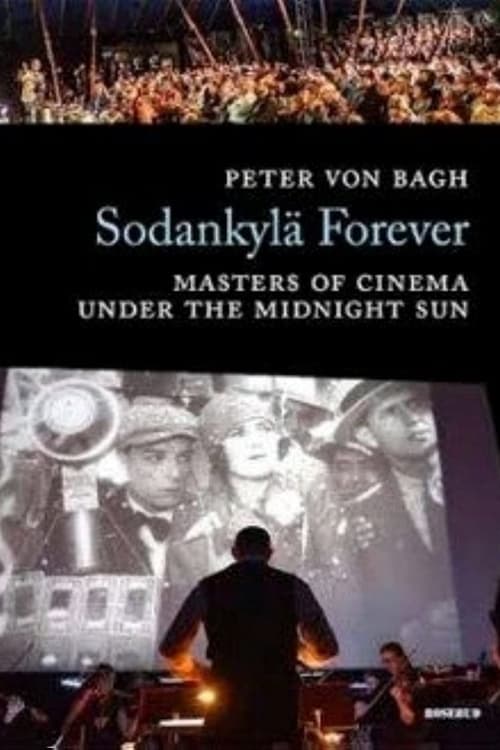
The Midnight Sun Film Festival is held every June in the Finnish village of Sodankylä beyond the arctic circle — where the sun never sets. Founded by Aki and Mika Kaurismäki along with Anssi Mänttäri and Peter von Bagh in 1985, the festival has played host to an international who’s who of directors and each day begins with a two-hour discussion. To mark the festival’s silver anniversary, festival director Peter von Bagh edited together highlights from these dialogues to create an epic four-part choral history of cinema drawn from the anecdotes, insights, and wisdom of his all-star cast: Coppola, Fuller, Forman, Chabrol, Corman, Demy, Kieslowski, Kiarostami, Varda, Oliveira, Erice, Rouch, Gilliam, Jancso — and 64 more. Ranging across innumerable topics (war, censorship, movie stars, formative influences, America, neorealism) these voices, many now passed away, engage in a personal dialogue across the years that’s by turns charming, profound, hilarious and moving.
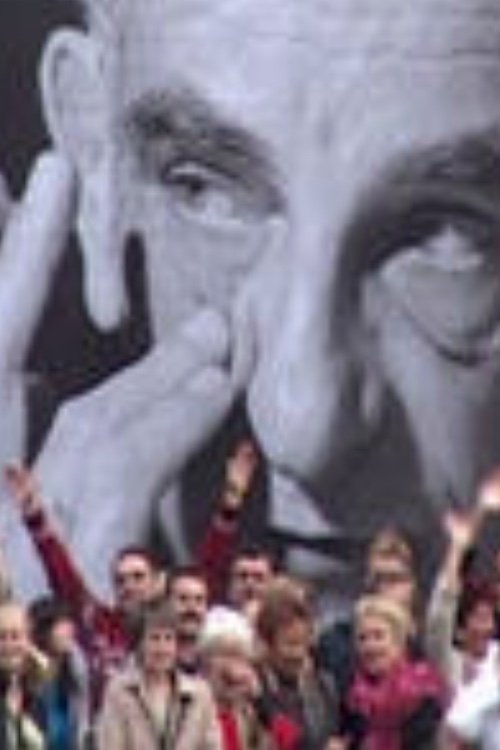
Maria Zmarz-Koczanowicz directed this insightful TV documentary (2005) tracing the Polish filmmaker's career. Former classmates reminisce about Kieslowski's happy beginnings at the Lodz film school and how his dissatisfaction with some of his early documentaries prompted the dramatic work and stylistic experimentation that led to his monumental series of films The Decalogue (1989). Wim Wenders, Agnieszka Holland, and Juliette Binoche are among the many admirers weighing in on his hard-driving work methods and preoccupation with the ephemeral. In Polish, French, and German with subtitles.

Documentary tracing the filmmaker’s work in Poland, from his days as a student through The Double Life of Véronique.
A biographical story of Krzysztof Kieślowski. The production is composed of well-selected fragments of his documentaries and feature films. The aim of that is to create a universal human story: birth, education, maturation, love, work, illness, and death.
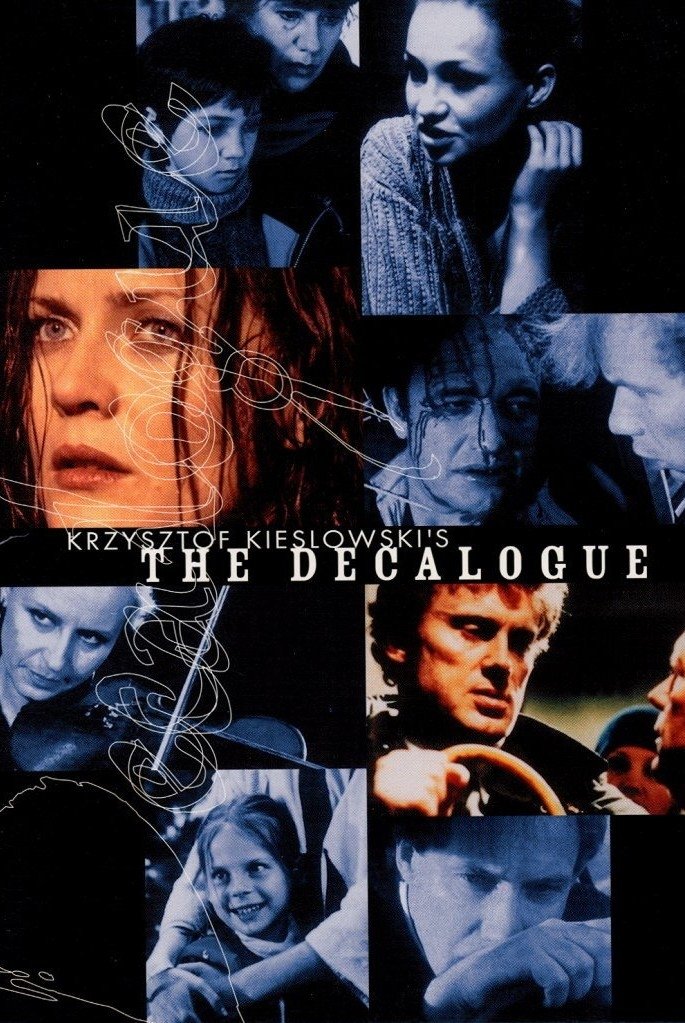
This interview, made in January 1995, is an attempt to examine the universal messages offered by 'Decalogue', as well as it's idiosyncrasies
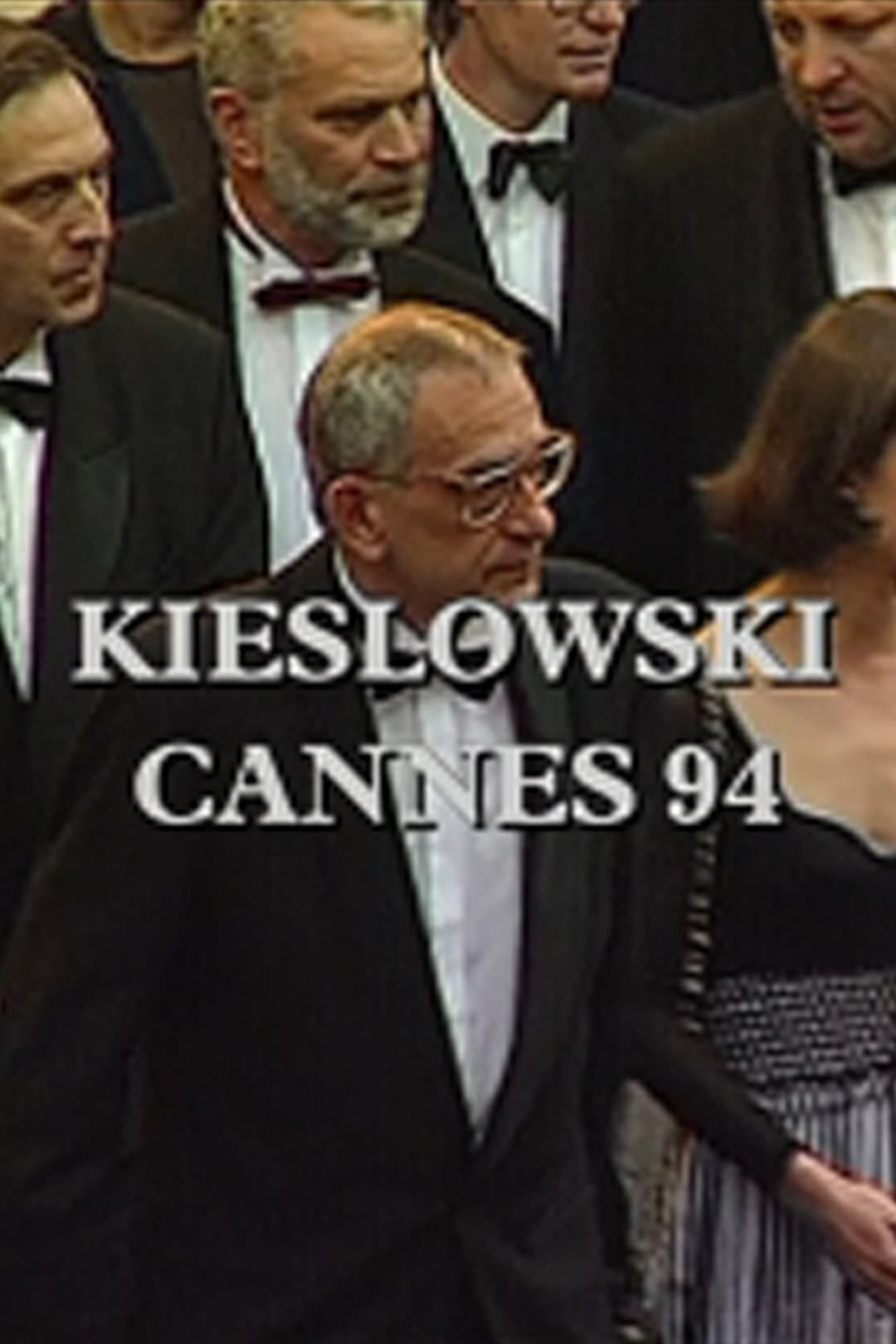
A documentary about the showing of Krzysztof Kieślowski's film RED at the 1994 Cannes Film Festival, including interviews with the director and the cast of the film.
Film director Krzysztof Kieślowski examines in detail one scene from each of the films in his Three Colors Trilogy.
Krzysztof Kieślowski (June 27, 1941 – March 13, 1996) was an influential Polish film director and screenwriter known internationally for his television series "The Decalogue" (1989), and his feature films "The Double Life of Véronique" (1991), and the "Three Colours" trilogy (1993–1994). Kieślowski received numerous awards during his career, including the Cannes Film Festival Jury Prize (1988), FIPRESCI Prize (1988, 1991), and Prize of the Ecumenical Jury (1991); the Venice Film Festival FIPRESCI Prize (1989), Golden Lion (1993), and OCIC Award (1993); and the Berlin International Film Festival Silver Bear (1994). In 1995 he received Academy Award nominations for Best Director and Best Writing. In 2002 Kieślowski was listed at number two on the British Film Institute's Sight & Sound Top Ten Directors list of modern times. Krzysztof Kieślowski died on 13 March 1996, He was 54.
By browsing this website, you accept our cookies policy.